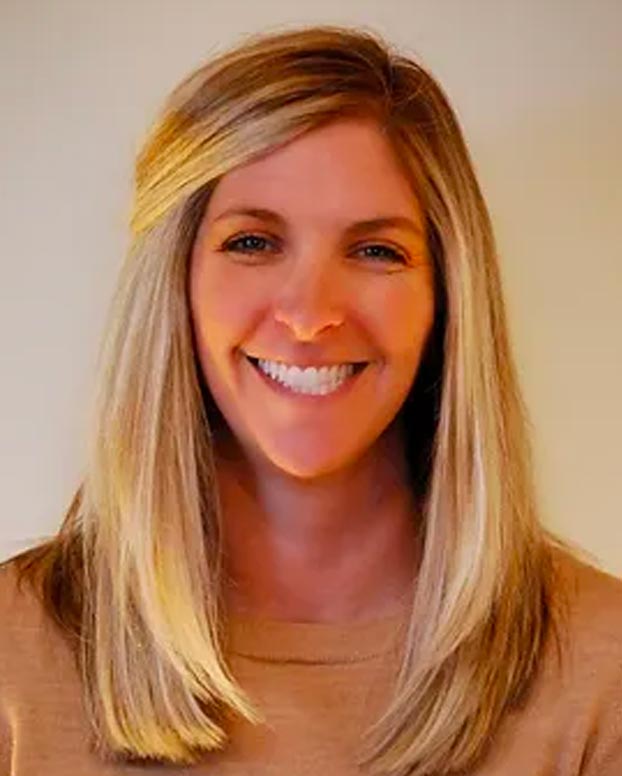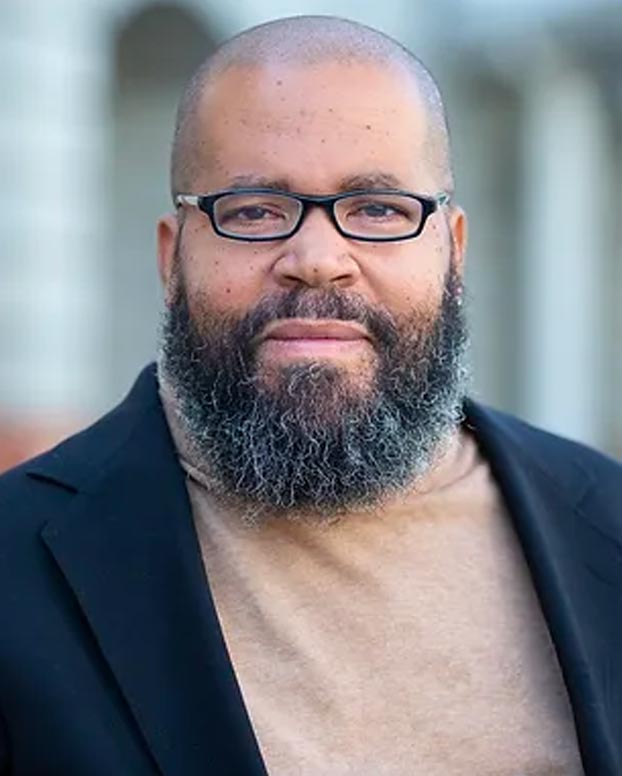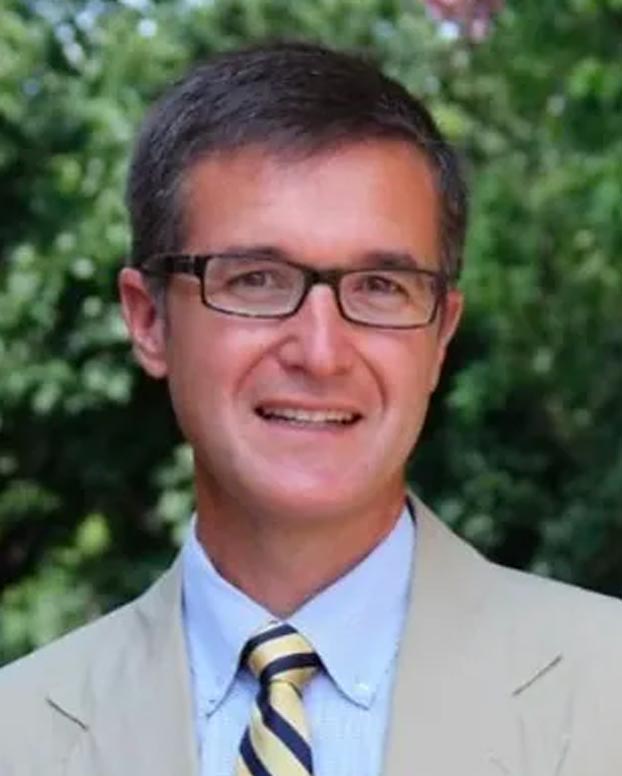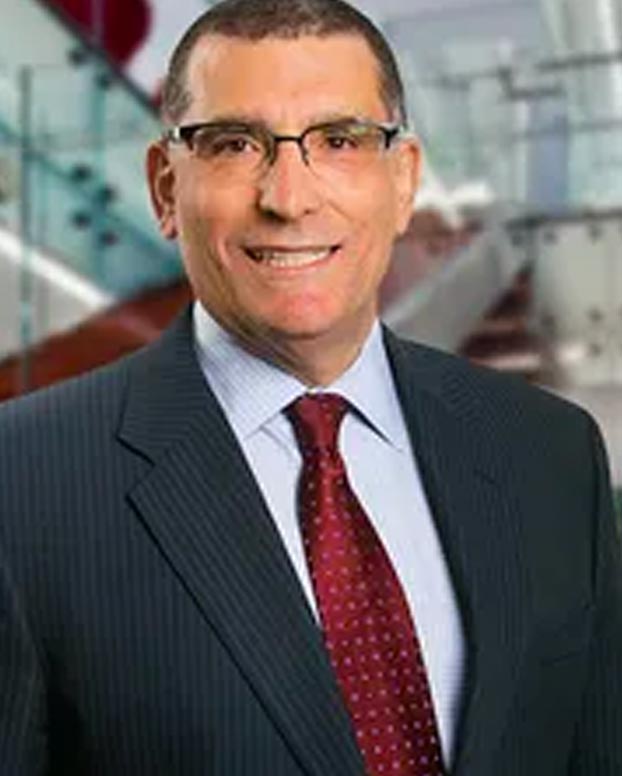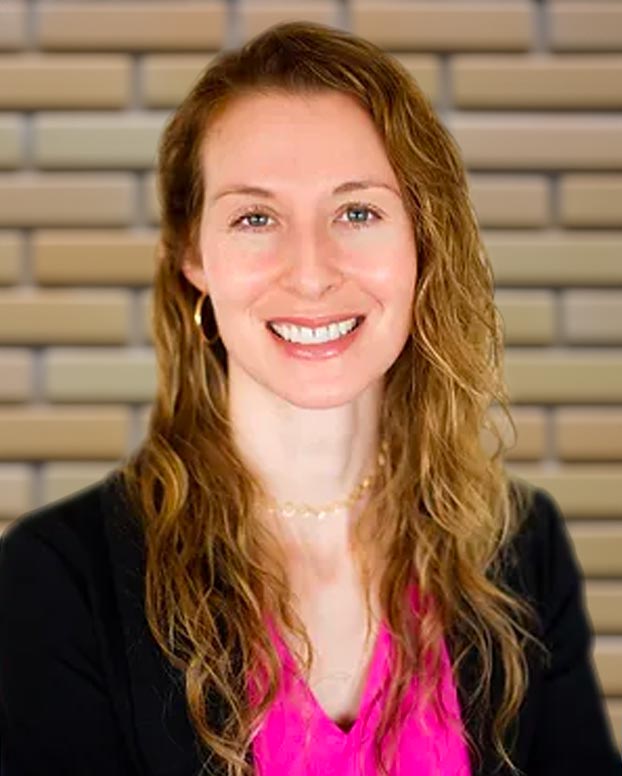When Diapers Didn’t Fit: A Dad’s Mission to Build Dignity for Kids with Disabilities
June 13, 2025
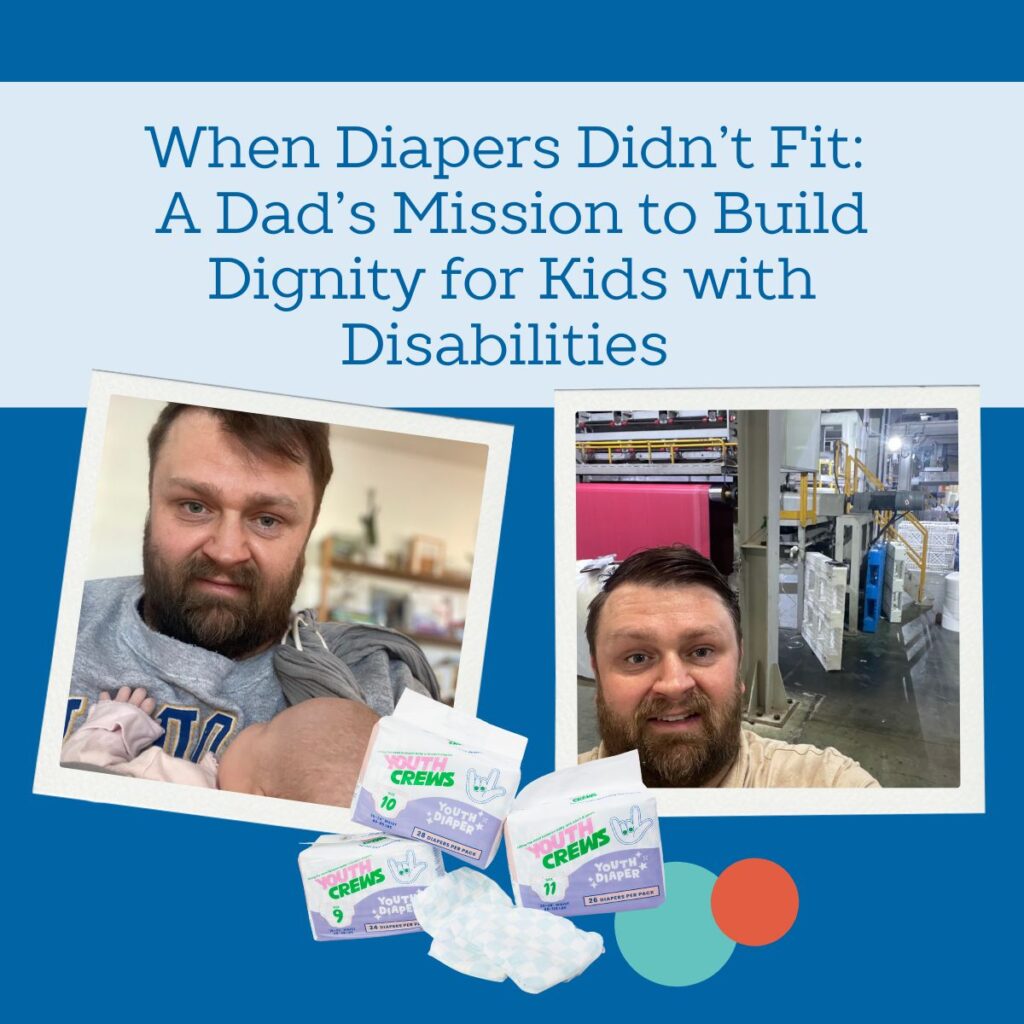
After his daughter outgrew baby diapers but wasn’t ready for adult sizes, this Colorado dad launched a company to meet the needs and honor the identities of children with disabilities.
Father’s Day is an opportunity to recognize and celebrate the everyday realities of fatherhood, including the problem-solving, perseverance, and deep care that often go unseen. One powerful example of this dedication comes from Colorado dad Brady Crandall, who drew on his experience parenting a child with a disability to help other families like his.
When Brady’s daughter, who was born with a brain injury, outgrew baby diapers but wasn’t big enough for adult sizes, he saw a need for additional options. That experience inspired him to co-found Youth Crews, a company that designs diapers specifically for children who fall between baby and adult sizes. Today, Youth Crews supports kids across the country and helps families feel seen and supported.
“This isn’t just about diapers. It’s about building a community where every family feels understood, supported, and proud of who they are,” says Brady.
We recently sat down with Brady to discuss what he’s learned from his now 5-year-old daughter, along with ways that other parents of children with disabilities or complex medical needs can find community and support.
Read more from our conversation below.
RMHS: Tell us about how you got the idea for Youth Crews.
Brady Crandall: Our daughter was born in 2020 with a brain injury, following an otherwise normal and healthy pregnancy. And as she got older and bigger, we realized that there wasn’t a good choice of diapers for kids in this in-between stage. At first, my wife and I were in disbelief that there weren’t any options. I think baby diapers and adult diapers do a good job of marketing their products to the point that we all know the brands. But then it falls off a cliff for kids in these in-between stages.
So, at first it began as rough curiosity and thinking more about it, it became this idea that I couldn’t shake. I kept pursuing it. Eventually, I talked to one of my first bosses, Perry Quinn, who has always been a sort of business advisor and mentor. He also couldn’t believe there was a whole population of kids who didn’t have a clear diaper option. He started helping me and eventually came on full-time as co-founder as we built and designed a diaper for older kids.
These diapers are sized to fit kids from about 40 to 115 pounds. We worked with families to give us feedback on features they’d want and designs they’d like before working with the community to test the diapers.
This past December, we launched publicly, and it’s been incredible. For me, the hardest part was that our daughter’s brain injury felt like a random, senseless accident. There was no one to blame, no clear target for my frustration or grief when things got hard. But, by starting this diaper company, I’ve had an outlet for a lot of my frustrations, and it makes me feel like if we can fix this one small thing for families, it can make a big difference. It’s fulfilling to solve this problem. It’s personal to us but also helps so many other families.
What are some challenges you have faced in helping families access these products?
The biggest challenge we face right now is that many folks in our world use insurance to buy diapers. I’m speaking very broadly, but there are a lot of diapers available through medical channels, but they are inherently of lesser quality and cheaper to purchase to qualify for certain reimbursement rates. And so, one of the challenges for us is that because we aim to use high-quality materials, our diapers are too expensive for many families. The number one question we get is, are these available through insurance? And the answer right now is that they’re not.
That’s been one of the hardest things for me because we’re trying to balance building a good product that unfortunately costs more money, while knowing that a lot of families in the disability space are struggling financially. So, l hope it comes across that we care and are aware of the difficulty, but we just haven’t been able to solve the problem yet.
What do you hope Youth Crews communicates to the world about children with disabilities?
There are a million things I could say, but I think the most important thing is that disability is a normal, everyday part of life. Some people are disabled. Some people are not disabled. Some people are left-handed. Some people are right-handed. The fewer people stigmatize disability and treat it as a worst-case scenario or as a big, scary thing, the better. When people stigmatize, it makes the world less inclusive and less accessible.
I am able-bodied myself. I am not disabled. I’m not speaking on behalf of the disability community. I’m just a dad, but I do see how hard it is. My daughter has difficulty in some ways, but at the same time, she’s so cool. She has interests and passions. She has hobbies. She likes to play with friends. She likes going to school. The desires, goals, and aspirations of kids with disabilities are the same as any other kid. They just need to access the world differently, and they might need more support to reach that same level of access. Disability is part of what makes up the human condition. Some people say disability is the only minority group that anyone could join, and that, eventually, most of us will.
What else do you hope Youth Crews will accomplish?
I just want a brand that’s fun for these kids. Kids between five and 15 don’t want to wear boring medical underwear. They want to express themselves and wear brands that make them feel good. As a parent or caregiver, you also want to feel good about the products that you have in your house. For example, our daughter’s almost five. Seeing adult diapers in her room doesn’t feel great because those products are not typically for kids of her age. And so, it’s helpful to have this experience as the father of this amazing five-year-old, because a lot of times we’re just building a product for our families.
What has your daughter taught you?
Our daughter has taught us not only to stop taking things for granted, but to truly appreciate the small, beautiful moments in everyday life. I also want to make it clear as a parent of a kid with disabilities that you can still have hopes, dreams, desires, and aspirations. I’m very content with our life and am proud of who I am and the things I want to accomplish. My wife is still working in her career and maintains her own hopes, dreams, and aspirations. And so, it’s not like you’re settling and giving up everything.
Before our daughter was born, I didn’t fully realize how much I had to learn about the experiences of others. Coming from a relatively privileged background, I had opinions I didn’t realize were shaped by limited perspective. I also had a lot of ideas on what I considered to be the right thing. But I’ve learned from her that I really had no idea what anybody was truly going through. And this reality hit me even though my mom is a pediatric occupational therapist, which previously led me to believe I understood the world of caregiving and disability.
But until you’re living with someone 24/7 and serving as their full-time caregiver, you have no idea. And so, another thing I’ve learned is that it’s hard for a lot of people in this world who have struggles or differences. I’ve become so much more empathetic. It’s best to listen to people and get to know them because we’re all just humans trying to do our best.
Everybody has so many nuances. One-size-fits-all doesn’t work for diapers or people.
Is there a message you’d like to share with other families navigating a similar journey, whether they have a child with a disability or a child with complex medical needs?
I would say two things. First, and this one is very specific, if you’re in the hospital and you’re dealing with a kid who was just born with lots of medical complexities, try to have those hard conversations about Medicaid, insurance, and waiver programs. My wife and I didn’t want to have conversations with the social worker and case manager because we weren’t in a place where we could accept what happened with our daughter. But those are programs that we need. We used private insurance for the first six months of her life, and it was hard. So, my first piece of advice is to take advantage of every single program and resource. Especially here in Colorado, we have so many options. You must ask for things and a lot of times there are ways to figure it out. And if the parent is motivated, it goes a long way. That’s my practical advice. Get your ducks in a row with paperwork and the diagnosis.
And the second piece of advice is something I probably wouldn’t have been able to take when my daughter was born. The advice is: it’s going to be okay. Your experience may be different than you ever thought it would be. And sometimes it’s difficult. But it’s going to be okay. I’m not saying it’s easy nor is it always good or sunshine, but at the end of the day, your kid is awesome, and your family is okay. Try to find people you can talk to and relate to. Like, if we meet someone who’s disabled or if we meet a family with disabled children, we just instantly feel this bond and closeness with them. And I think that it’s almost more special than friendships I had before, because there’s so much more substance to it.
Do you have recommendations for how families can connect with other families who are in the same boat? It sounds like that community has been monumental for your family.
Private Facebook groups are unbelievably helpful. I am sure they exist all over, depending on where you live. But in our area, there’s a group called Denver Special Needs Parent Community. Our daughter’s diagnosis has a private Facebook group, which I imagine most diagnoses or conditions also do. There is a Front Range group called the Colorado Mama Tribe, which provides a parent community for parents of children with special needs. There are many events for moms to meet up, as well as dads.
Where can people connect with you?
I’d love to connect!
On Instagram we are @youth.crews and on Facebook we are Youth Crews Kids.
Thank you so much for taking the time to talk with us, and thank you for all that you are doing for this community.
Thank you!
About Rocky Mountain Human Services
Rocky Mountain Human Services provides case management, direct services, and flexible support for people and families from birth through the lifespan. We work closely with individuals and families to figure out their options and connect them with services and community organizations to live the life they want at home or in their community of choice.




